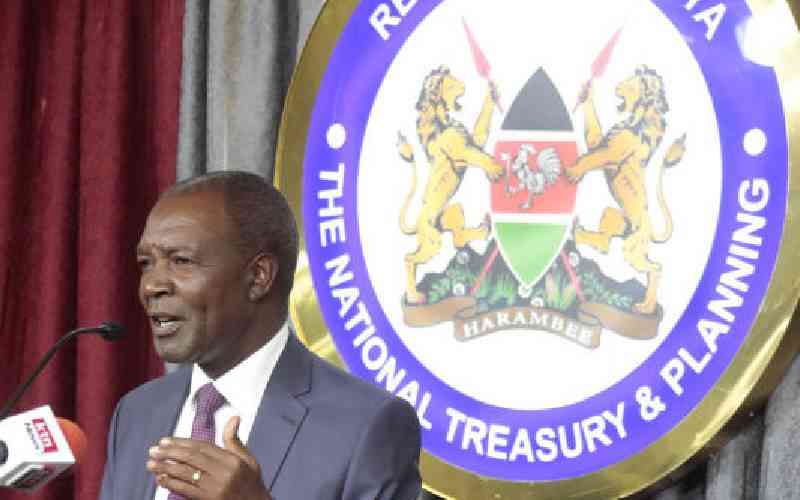
Hoteliers, traders in goods like stationery, consultants and civil servants will be among the hardest hit as the National Treasury moves to execute austerity cuts in search of Sh300 billion in cost savings, a State internal plan shows.
President William Ruto recently tasked the National Treasury to begin planning spending cuts on non-priority items to try to tame the country's big public deficit.
"I have instructed Treasury to work with ministries to find savings of Sh300 billion in this year's budget," said Dr Ruto in his maiden speech as president to the National Assembly.
 The Standard Group Plc is a multi-media organization with investments in media
platforms spanning newspaper print
operations, television, radio broadcasting, digital and online services. The
Standard Group is recognized as a
leading multi-media house in Kenya with a key influence in matters of national
and international interest.
The Standard Group Plc is a multi-media organization with investments in media
platforms spanning newspaper print
operations, television, radio broadcasting, digital and online services. The
Standard Group is recognized as a
leading multi-media house in Kenya with a key influence in matters of national
and international interest.










